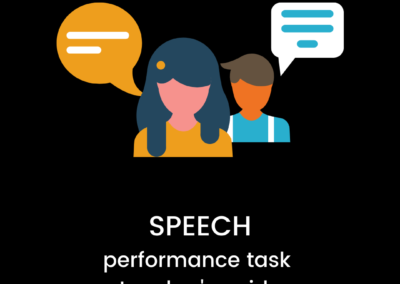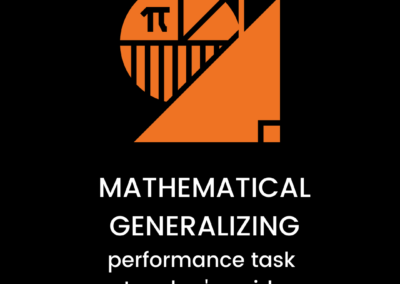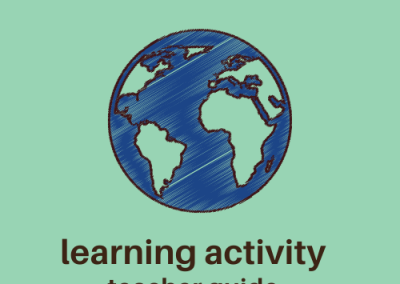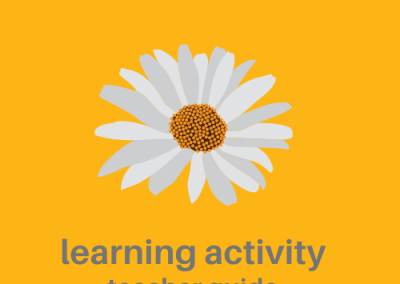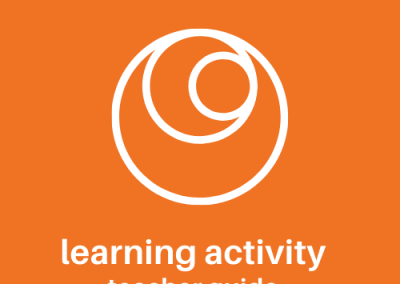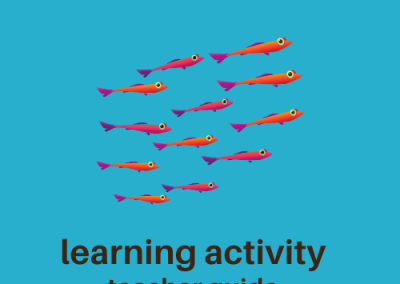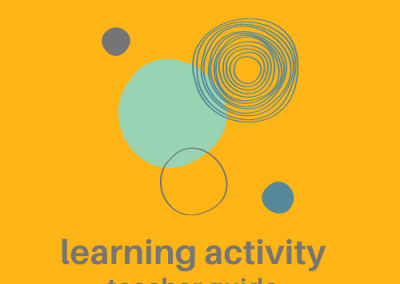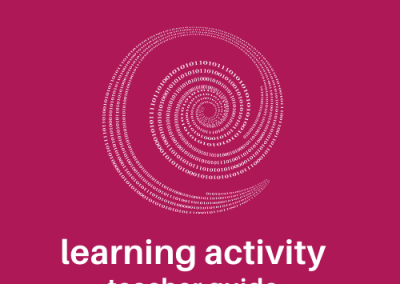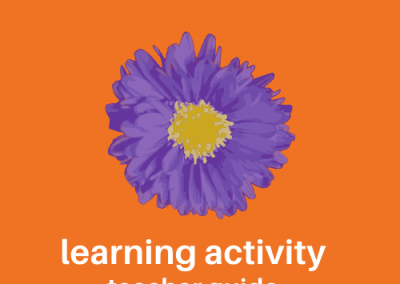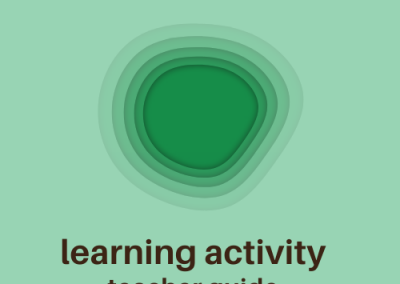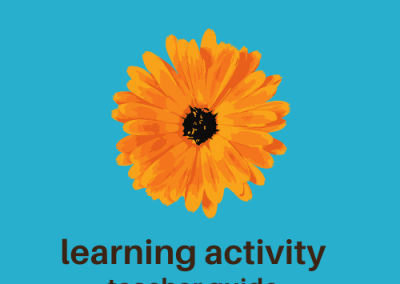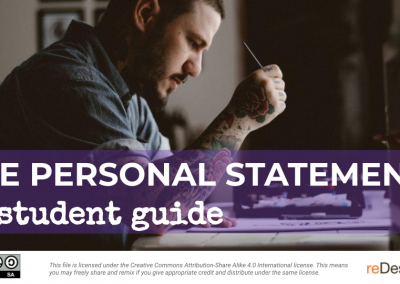Role-Play
Preparation
Decide exactly how you want to use a role-play What roles will the students play? What will the simulated scenarios be? What are your learning goals for students and how can you plan to help them to achieve them? Identify the target text, if applicable, and make sure that students are prepared to demonstrate understanding of it Assign student roles, or create a short list of possible roles. Create short descriptions of scenarios of the role-play.
Activity Steps
1
Teacher explains the activity. Then, teacher selects a student volunteer to model a sample role-play in a “fish bowl” setting, with the other students watching.
As you model: · Show students that this isn’t embarrassing, so act comfortable and don’t be afraid to be a little bit of a ham. · Talk in the first person as your character, being careful to express the character’s intentions and motivations.
2
Teacher leads students in brief discussion of model. · What did students notice? · What did they learn about role-playing?
Ask questions such as: · What did you notice? · What did you learn about role-playing?
3
Students get into groups of two to four. Teacher distributes role-play scenario descriptions as well as role assignments.
The size of the groups should be dictated by the logic of the role-play scenarios. Each group needs the correct number of people to play the required parts. You can let students pick their roles from a defined set or assign them. As students are working, circulate among them, visiting with each group for about five minutes at a time, listening to their thinking and offering suggestions and extensions.
4
Teacher leads students in a discussion of role-play experience.
Ask questions including: · What did you notice as you were role-playing? · What issues came up? · What did you learn about the characters? · How did this feel?
5
Optional: One group “fishbowls” their role-play with the rest of the class watching.
This can be a nice step and can help students to gain perspective on the range of responses to the activity. Students can also participate in an analysis of a role-play as it is occurring.
6
Students reflect on their learning for the day either in conversation or in writing.
Students should respond to questions such as: · What did you learn about the text or topic through today’s role-play? · How was today’s learning different from what you would have learned from reading or listening to a lecture? · How could role-playing help you in a different class? · When might it be most useful to role-play?

